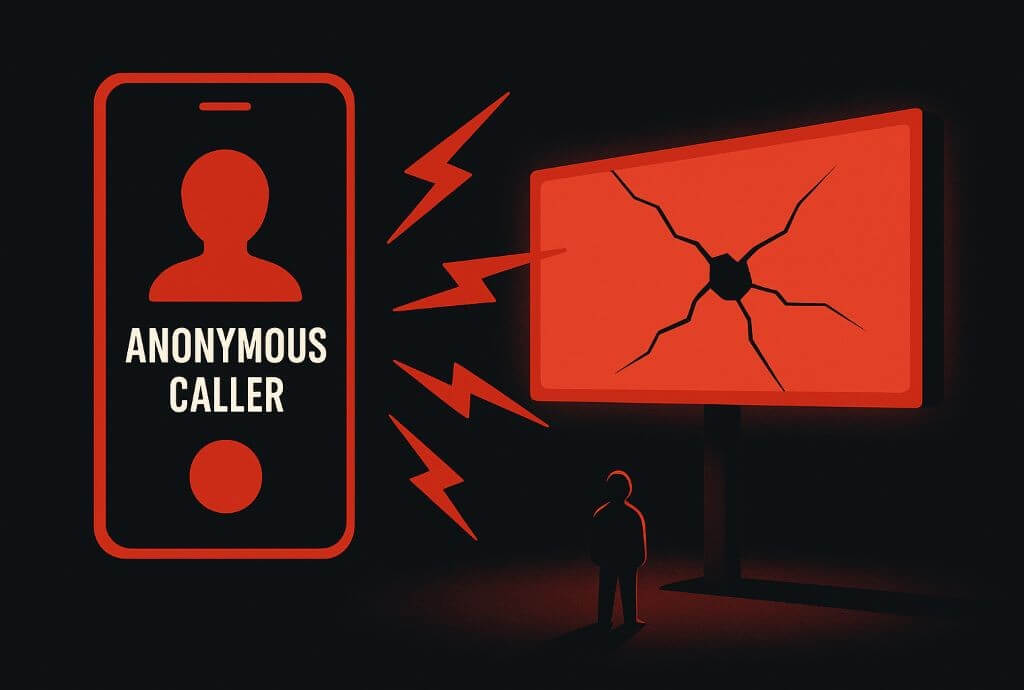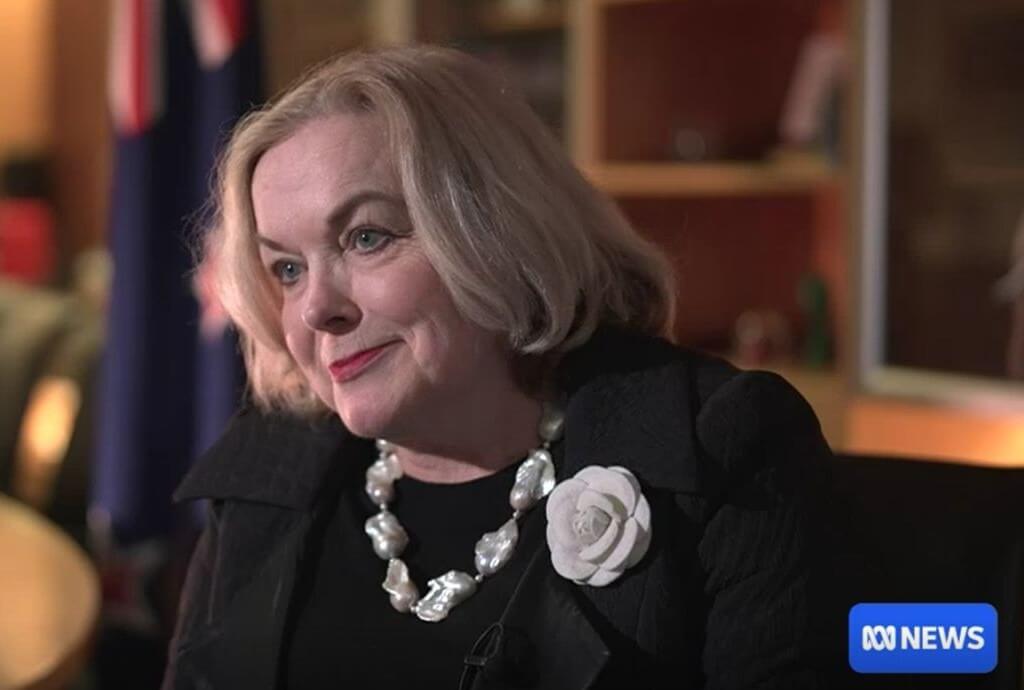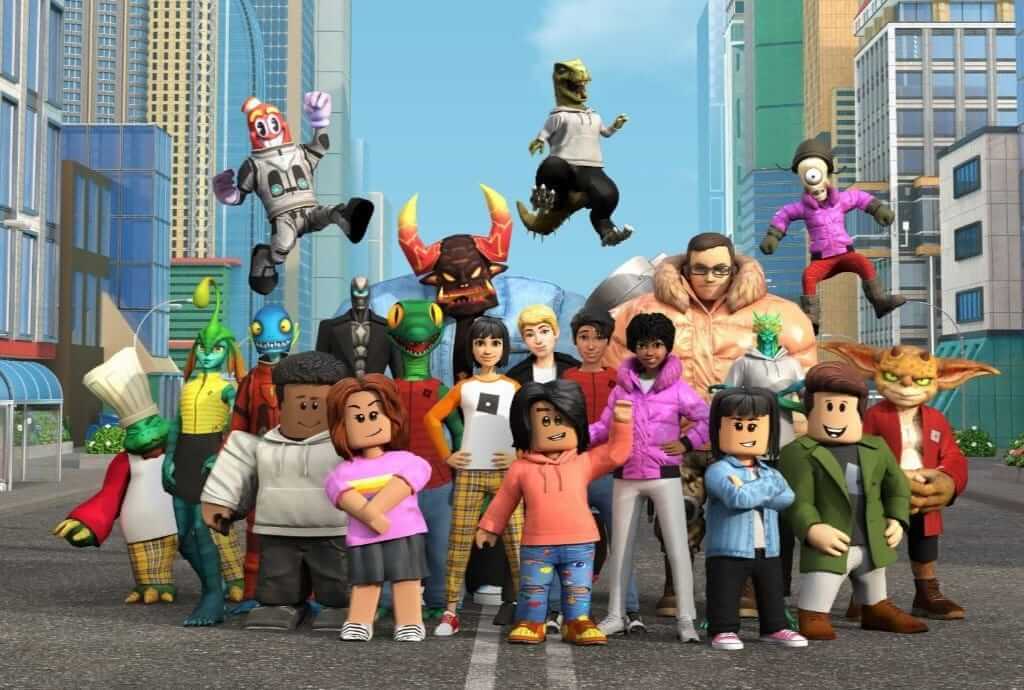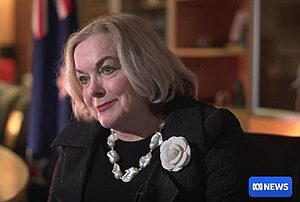Summarised by Centrist
New Zealand First’s Shane Jones isn’t backing down from his fight against what he calls “woke Māori” and divisive politics.
In an interview with Moana Maniapoto, Jones argued that Māori should focus on economic advancement rather than identity politics. Dismissing critics who see his policies as anti-Māori, he said, “Woke Māori can throw insults but can’t take their own medicine.”
Taking aim at the Waitangi Tribunal, Jones called for a review of its role, saying, “It’s been around for 50 years—time to see if it’s match fit for 2040 and beyond.” When asked if the Tribunal should have binding powers, he rejected the idea, saying, “Why would I give a non-elected body powers that overwhelm the democratic process?”
Refusing to be drawn into a history debate around the Treaty, and whether sovereignty was ceded or not, Jones challenged Maniapoto: “What does that actually mean when our population is at 5.2 million and more foreigners come here to live in New Zealand? Of what relevance is the debate of what happened between 1840 and 1855?”
When pressed on whether ACT’s policies align with his own, Jones admitted they share similarities but insisted New Zealand First is distinct. “Our citizenship is indivisible. That’s not radical—it’s how most New Zealanders think.”
On NZ First’s refusal to back ACT’s Treaty Principles Bill, Jones said: “What we’re doing now is going through and ensuring, and this is good for iwi, that where we have these references in law to the principles, do we know what we’re talking about? Or are we going to leave it? And we may have to leave it?”
Image: Facebook



















